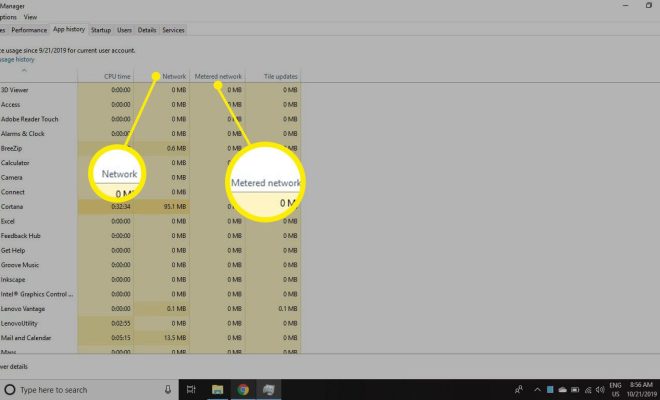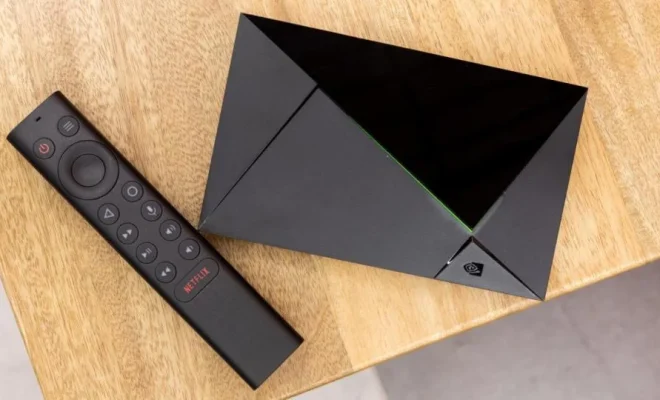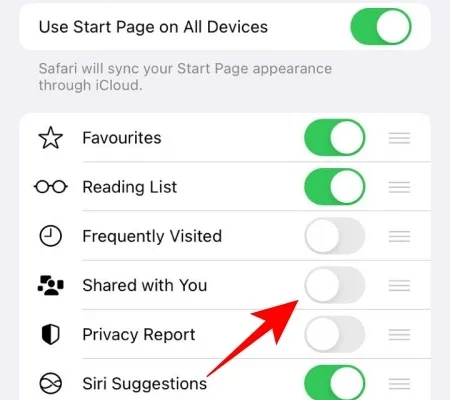What Is Fuchsia, Google’s New Operating System?

Fuchsia is the buzzword that has been circulating the tech industry for a while now, and it is Google’s new operating system in the making. It started as a secret project within Google, and although not much information has been shared about it, it is said to be an entirely new operating system not based on Linux or any of Google’s existing systems like Android or Chrome OS.
So, what is Fuchsia, and why is it being developed? Fuchsia is an open-source project that is being developed by Google as a potential replacement for its existing operating systems. The project was first put in the spotlight back in 2016, when its GitHub repositories were made public. The code is available for developers to access and contribute to, contributing to its progress.
Unlike Android, Fuchsia is not based on Linux. Instead, it uses a completely new microkernel called “Zircon,” which is specifically designed for modern gadgets and improved performance. That means the system can be deployed on a wide range of devices such as smartphones, laptops, tablets, and even smart home devices that run on internet connectivity.
One of the key benefits of Fuchsia is its ability to adapt to different screen sizes, resolutions, and input methods. This flexibility means it can be used on numerous devices without the need for extensive adaptations or customization. Additionally, Google has designed Fuchsia with security and privacy in mind, which are becoming critical in today’s digital world.
Although Fuchsia is still in the early stages of development, the buzz around it is growing. It is said to be Google’s long-term replacement for Android, which today powers more than 2.5 billion active devices worldwide. However, Fuchsia is not expected to launch anytime soon, and it could be years before we see it on any device.
In summary, Fuchsia is an exciting project that promises to revolutionize Google’s operating system’s landscape. Its unique features such as adaptability, security, and privacy make it stand out from existing systems. With the project being open-source, it remains to be seen what kind of innovations other developers will bring to the table to help it grow and become a full-fledged operating system.






